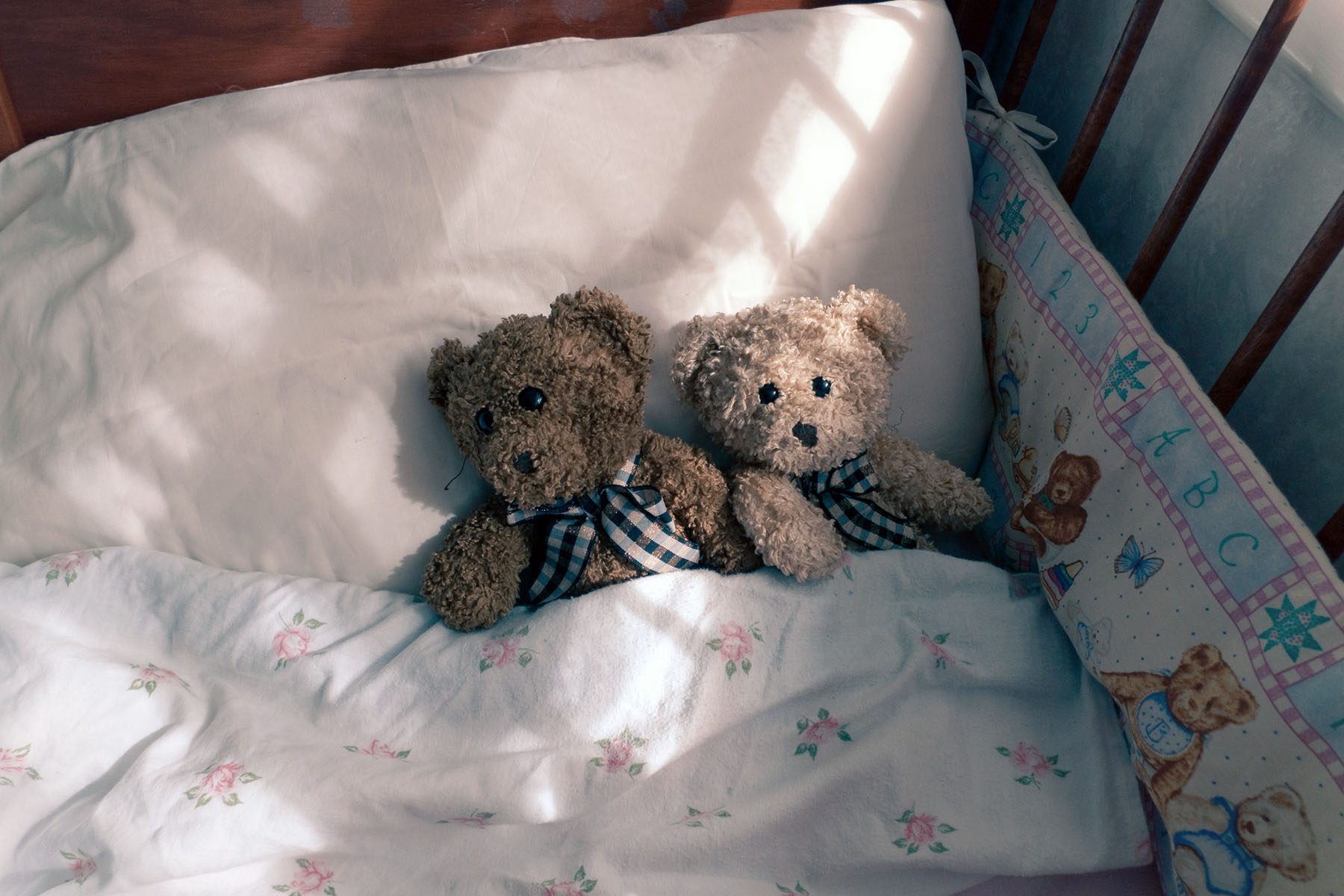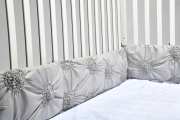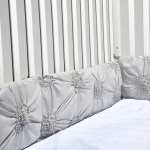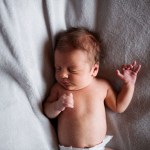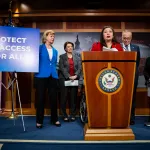The U.S. Senate on Wednesday approved a bipartisan measure to ban the sale of crib bumpers, which have been linked to dozens of deaths of infants and more than 100 serious injuries since 1985.
“Parents will have one less thing to worry about” when it becomes law, Sen. Tammy Duckworth of Illinois said.
The House of Representatives approved a related bill last year but will need to vote on the Senate’s Safe Cribs Act before it can head to President Joe Biden’s desk.
“Crib bumper pads are an unnecessary deadly risk for sleeping infants, and so this would basically ban their sale,” Duckworth told The 19th in an interview ahead of the vote.
Duckworth was an original cosponsor of the Safe Cribs Act along with fellow Democratic Sen. Richard Blumenthal of Connecticut and Republican Sen. Rob Portman of Ohio. The legislation will direct the Consumer Product Safety Commission (CPSC) to ban the manufacturing and/or importation of crib bumpers, which encircle an infant’s crib. Sen. Sherrod Brown, an Ohio Democrat, also signed on.
-
Previous Coverage:
-
Previous Coverage: Bipartisan bill would ban crib bumpers, linked to dozens of infant deaths
Bumpers were intended to protect babies from the hard bars of a crib, but research has shown that they increase the risk of suffocation and sudden infant death syndrome, known as SIDS.
CPSC data shows that 113 babies died in incidents in which a bumper was used in a crib between 1990 and 2016. The Journal of Pediatrics has found that crib bumpers most frequently account for soft bedding provided in infants’ cribs. The American Academy of Pediatrics’ Safe Sleep Guidelines recommend placing babies alone, on their back, and on a flat surface with “no loose fabric or soft bedding nearby.”
Nancy Cowles, the executive director of Kids in Danger, told The 19th when the Senate introduced the bill that parents trust the products that are on shelves and assume that they have been tested for safety. “It is hard to convince parents to follow the ‘bare is best’ safe sleep messaging … when they are being sold padding to wrap around the crib at the same time,” she said.
Duckworth, whose daughters were born in 2014 and 2018, agreed it can be confusing.
“You’ve heard ‘Lay your kids down in their cribs with nothing’ … and as a parent, especially a new parent, you look at this child and you’re like: What do I do? You’re trying to do the right thing,” she said.
“And then you get all of these gifts … and the crib bumpers are part of the set of bedding that comes with the fitted sheet for their crib, and the mobile that hangs over the crib, and it all looks beautiful,” Duckworth continued. “It’s very easy to think, ‘Oh, I need this to protect my child in case they hit their heads … on the bars of the crib. I can see how you would think this way. … This outright ban will make it clear that these things are no longer safe.”
